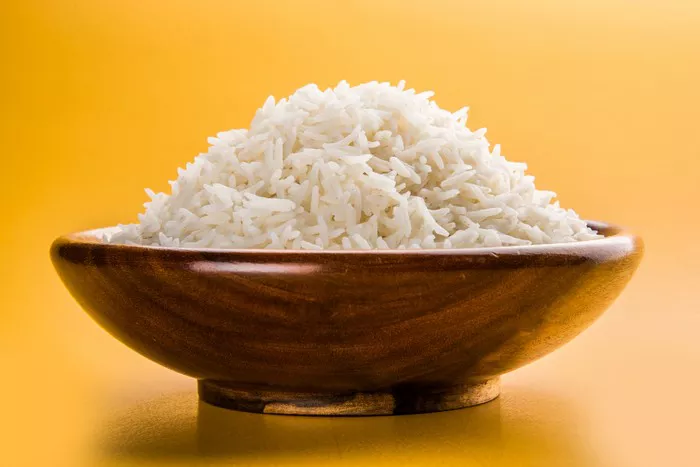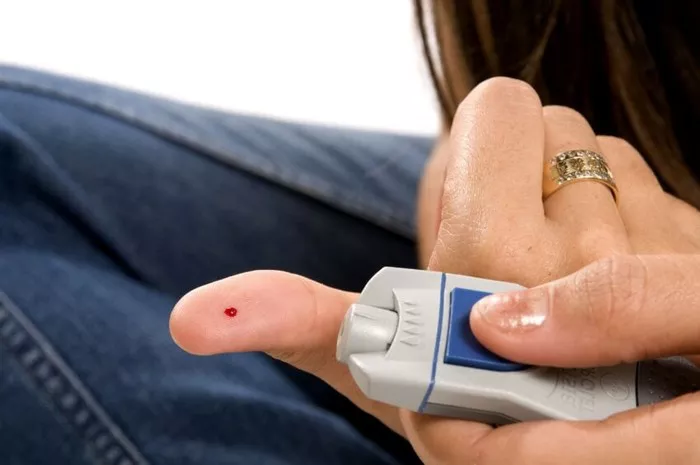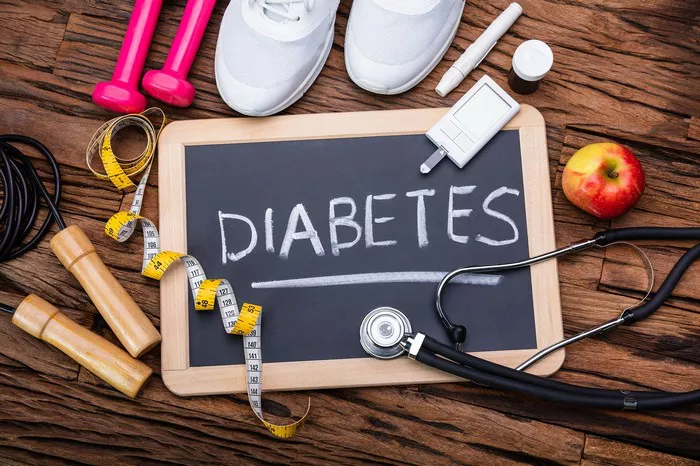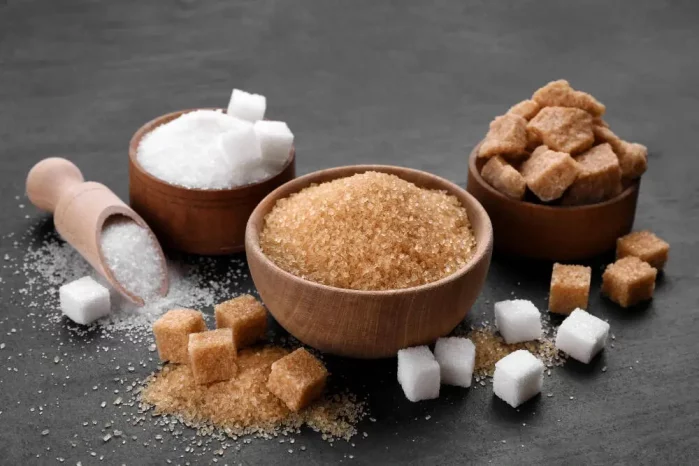Managing blood sugar levels is a critical aspect of health, particularly for individuals with diabetes. When blood sugar levels drop too low, a condition known as hypoglycemia, it can lead to severe complications if not addressed promptly. This article delves into the definition, symptoms, and immediate actions for hypoglycemia, providing practical advice on what to eat and how to manage low blood sugar effectively.
Definition of Hypoglycemia
Hypoglycemia occurs when blood sugar levels fall below a specific threshold. For most people, this threshold is less than 70 mg/dL. Blood sugar levels are typically measured in milligrams per deciliter (mg/dL), and a reading below 70 mg/dL is considered low and potentially dangerous. Hypoglycemia can be particularly concerning for individuals with diabetes, who often rely on insulin or other medications to manage their blood sugar levels. When these levels drop too low, the body lacks sufficient glucose to function properly, leading to various symptoms and potentially serious health issues.
Symptoms of Low Blood Sugar
Recognizing the symptoms of hypoglycemia is crucial for timely intervention. Common symptoms include:
Shakiness: This is one of the most immediate and recognizable signs of low blood sugar.
Sweating: Sudden, excessive sweating is another common symptom.
Confusion: Difficulty thinking clearly or confusion can occur as the brain is deprived of glucose.
Rapid Heartbeat: Palpitations or a racing heart can indicate that the body is responding to low blood sugar.
Irritability: Mood changes, such as irritability or sudden anger, can be a sign of hypoglycemia.
Weakness: Feeling weak or fatigued is a common symptom.
Hunger: An urgent need to eat or a feeling of extreme hunger can indicate dropping blood sugar levels.
Dizziness or Lightheadedness: These sensations can occur as blood sugar levels fall.
Blurred Vision: Vision disturbances are also common.
Recognizing these symptoms early allows for prompt treatment, preventing more severe complications.
Immediate Actions
When experiencing symptoms of low blood sugar, it’s essential to act quickly. Here are the steps to take immediately:
Check Blood Sugar Levels: If possible, use a blood glucose meter to check your blood sugar levels. This confirms whether you are experiencing hypoglycemia and helps determine the severity.
Consume Fast-Acting Carbohydrates: If your blood sugar is low (below 70 mg/dL), consume 15 grams of fast-acting carbohydrates. This provides a quick source of glucose to raise blood sugar levels.
Rest and Monitor: Sit down and rest while waiting for your blood sugar levels to rise. Avoid engaging in activities that could be dangerous, such as driving.
Recheck Blood Sugar Levels: After 15 minutes, recheck your blood sugar levels. If they are still below 70 mg/dL, consume another 15 grams of fast-acting carbohydrates.
Follow-Up Actions: Once your blood sugar levels return to normal, eat a small meal or snack that includes protein and complex carbohydrates to maintain stable blood sugar levels.
Fast-Acting Carbohydrates
Fast-acting carbohydrates are essential for quickly raising blood sugar levels. Here is a list of foods and drinks that can help:
Glucose Tablets: Specifically designed to raise blood sugar quickly, each tablet typically contains about 4 grams of carbohydrates. Consume 4-5 tablets to get the necessary 15 grams.
Fruit Juice: About 4 ounces (half a cup) of fruit juice, such as orange or apple juice, provides roughly 15 grams of carbohydrates.
Regular (Non-Diet) Soda: A half-cup (4 ounces) of regular soda also provides about 15 grams of carbohydrates.
Candy: Hard candies, such as lifesavers, can be used. Consume around 5-6 pieces to reach 15 grams of carbohydrates.
Honey or Sugar: One tablespoon of honey or sugar provides approximately 15 grams of carbohydrates.
Jelly Beans: About 15 jelly beans are equivalent to 15 grams of carbohydrates.
Quantities and Proportions
Correcting hypoglycemia typically involves consuming around 15 grams of fast-acting carbohydrates. Here are the quantities for some common options:
Glucose Tablets: 4-5 tablets
Fruit Juice: 4 ounces (half a cup)
Regular Soda: 4 ounces (half a cup)
Hard Candy: 5-6 pieces
Honey or Sugar: 1 tablespoon
Jelly Beans: 15 pieces
After consuming these carbohydrates, wait for 15 minutes and recheck your blood sugar levels. If they are still low, repeat the process. It is essential to monitor your response to the carbohydrates to ensure that your blood sugar levels return to a safe range.
Follow-Up Actions
Once your blood sugar levels have returned to normal, it’s crucial to take further steps to prevent another episode of hypoglycemia. Here are some follow-up actions to consider:
Eat a Balanced Snack or Meal: Consume a snack or meal that includes protein and complex carbohydrates. This helps stabilize blood sugar levels and prevents them from dropping again. Examples include a peanut butter sandwich, cheese and whole-grain crackers, or yogurt with fruit.
Monitor Blood Sugar Levels: Continue to monitor your blood sugar levels over the next few hours to ensure they remain stable. This is particularly important if you have had a severe episode of hypoglycemia.
Adjust Medication if Necessary: If you are on insulin or other medications, consult your healthcare provider to determine if adjustments are needed. Incorrect dosages or timing of medication can contribute to hypoglycemia.
Stay Hydrated: Drinking water can help maintain overall health and prevent fluctuations in blood sugar levels.
Rest and Recover: Allow your body to recover from the episode. Avoid strenuous activities until you feel fully recovered.
Preventive Measures
Preventing hypoglycemia involves several strategies to maintain stable blood sugar levels. Here are some effective measures:
Regular Meals and Snacks: Eating at regular intervals helps keep blood sugar levels stable. Avoid skipping meals, and include snacks if needed to prevent long periods without food.
Balanced Diet: Incorporate a variety of foods in your diet, including complex carbohydrates, proteins, and healthy fats. This balanced approach helps maintain steady blood sugar levels.
Monitor Blood Sugar Regularly: Regularly check your blood sugar levels to identify trends and make necessary adjustments. This is particularly important for individuals with diabetes.
Medication Management: Follow your prescribed medication regimen carefully. Take medications at the recommended times and dosages, and consult your healthcare provider if you experience frequent episodes of hypoglycemia.
Physical Activity: Regular physical activity helps manage blood sugar levels but can also cause drops. Monitor your levels before and after exercise and have a snack if needed.
Education and Awareness: Stay informed about hypoglycemia and its management. Educate family and friends so they can assist in case of an emergency.
Carry Emergency Snacks: Always carry fast-acting carbohydrates, such as glucose tablets or candy, to address low blood sugar promptly if it occurs.
When to Seek Medical Help
While mild episodes of hypoglycemia can often be managed at home, there are times when professional medical assistance is necessary. Seek medical help if:
Severe Hypoglycemia: If you experience severe symptoms, such as unconsciousness, seizures, or inability to eat or drink, call emergency services immediately.
Frequent Episodes: If you have frequent episodes of hypoglycemia, consult your healthcare provider to review your treatment plan. Frequent lows may indicate the need for adjustments in medication, diet, or lifestyle.
Persistent Low Blood Sugar: If your blood sugar levels remain low despite consuming fast-acting carbohydrates and follow-up measures, seek medical advice.
New or Unusual Symptoms: If you experience new or unusual symptoms that you suspect are related to hypoglycemia, consult your healthcare provider.
Complications: If you develop complications or other health issues related to hypoglycemia, such as injuries from falls or accidents, seek medical attention.
Conclusion
Hypoglycemia can be a challenging condition to manage, but with proper knowledge and strategies, it is possible to maintain stable blood sugar levels and prevent complications. Recognizing the symptoms, acting promptly with appropriate foods, and following preventive measures can help individuals lead healthy and active lives despite the risk of low blood sugar.



























